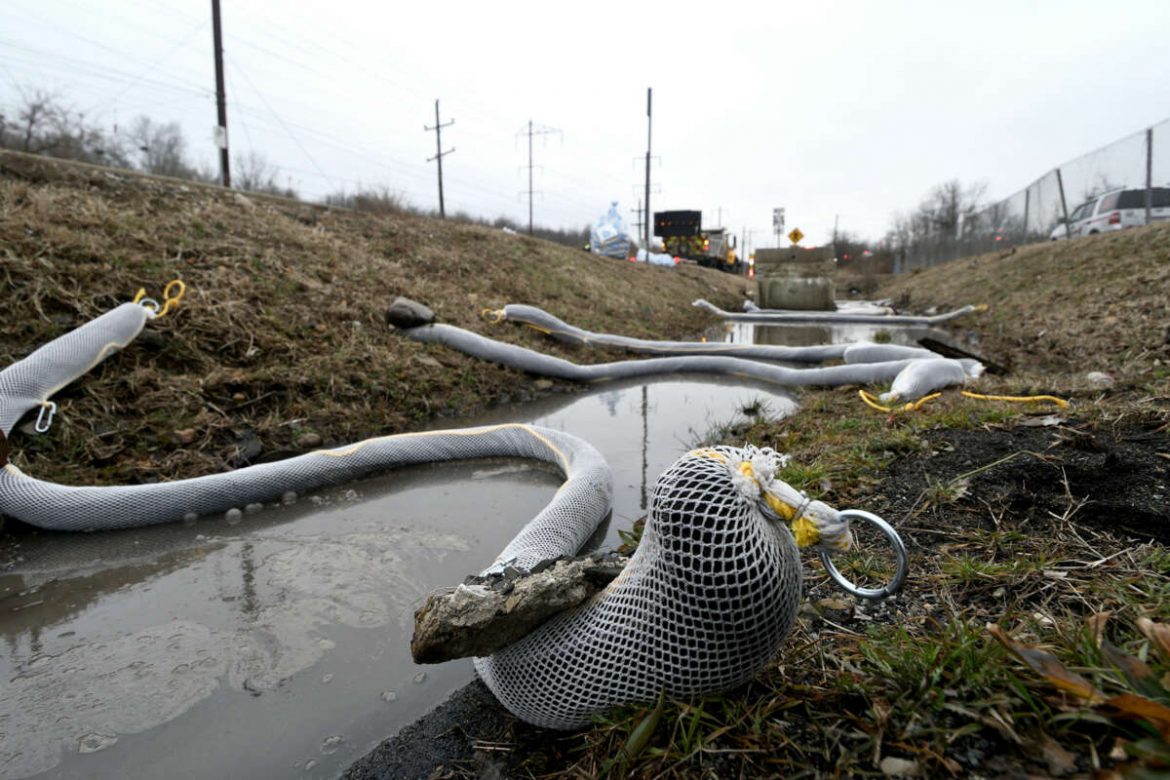A new report has shown that nearly half of US prisons draw water from sources likely contaminated with toxic PFAS “forever chemicals”.
Nicholas Shapiro, a co-author at the University of California in Los Angeles said that at least, around 1m people incarcerated in the US, including 13,000 juveniles, are estimated to be housed in the prisons, and they are especially vulnerable to the dangerous chemicals because there is little they can do to protect themselves.
“We need to think about who is exposed and who has the least agency to mitigate their exposure – that’s why this is such a unique population,” he said. “We see the dehumanization of incarcerated people across the country, and these exposures are symptoms of that larger problem.”
PFAS, or per- and polyfluoroalkyl substances, are a class of about 15,000 chemicals often used to make products resistant to water, stains and heat. They are called “forever chemicals” because they do not naturally break down, and are linked to cancer, liver problems, thyroid issues, birth defects, kidney disease, decreased immunity and other serious health problems.
Read also: Report: W’Bank’s funding of ‘hog hotel’ factory farms under fire over climate effect
Among other things, the study analyzed the likelihood that watersheds serving the nation’s 6,118 carceral facilities were contaminated with PFAS. The authors zoomed in on hydrologic unit codes to identify those regions near prisons most likely to be contaminated from nearby airports, military sites, landfills, wastewater treatment plants and a range of manufacturing facilities.
The study found that testing has only been performed on several hundred of the drinking water sources identified, and better monitoring is “desperately needed”, the authors wrote. The true number of incarcerated people drinking contaminated water is likely much higher, they noted.
Shapiro highlighted a women’s prison near Tampa, Florida, that draws from groundwater highly contaminated by PFAS-laden firefighting foam from by a nearby firefighting school. Foam is one of the largest sources of PFAS water pollution in the US.
Levels in the groundwater were 170 times higher than state health guidelines, and officials warned residents who drew the water – but no one alerted the incarcerated people or did anything to prevent their exposure. Even when incarcerated people learned of the threat, the state would not provide clean water.
That is especially a problem because the nation’s prison population is generally in poorer health than the non-incarcerated population, and the issue disproportionately threatens people of color and people with lower incomes, Shapiro noted.
“For all of these reasons, we need to take extra care to understand these exposures and mitigate them,” he said.
Story was adapted from the Guardian.
